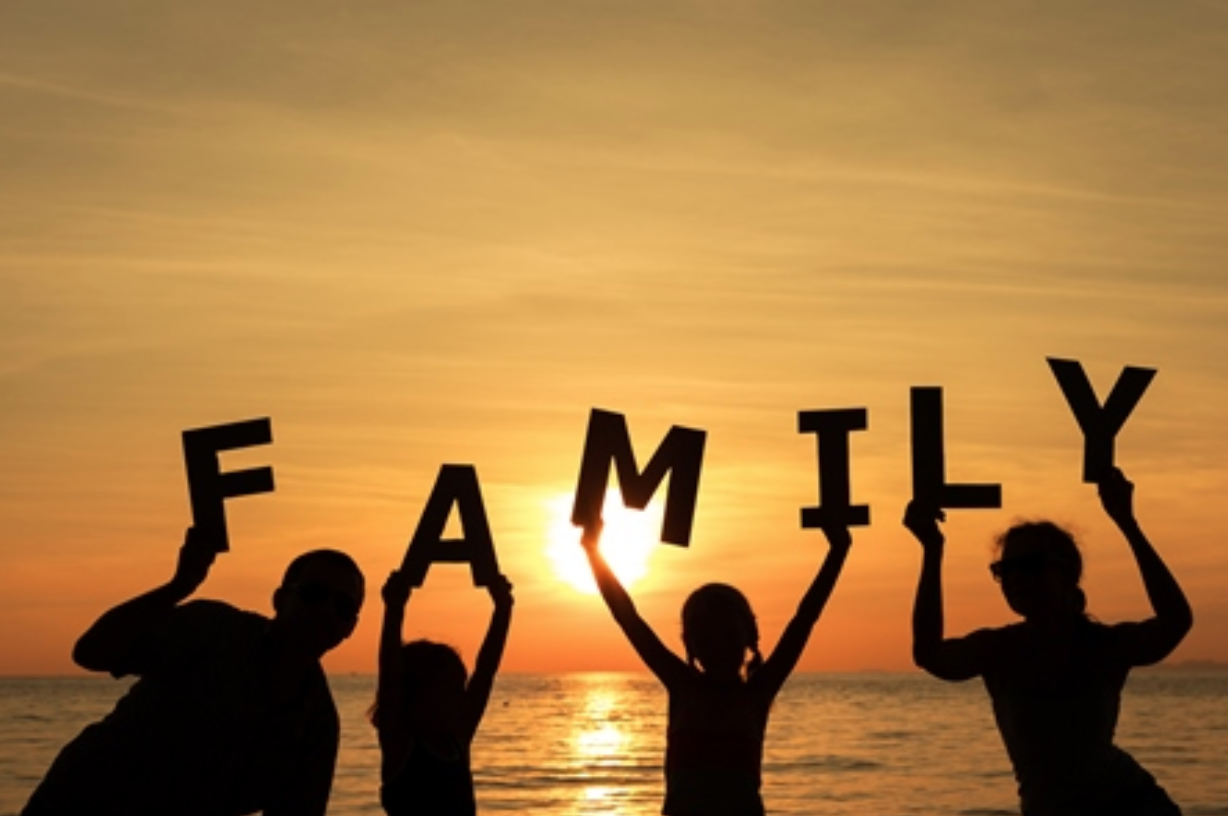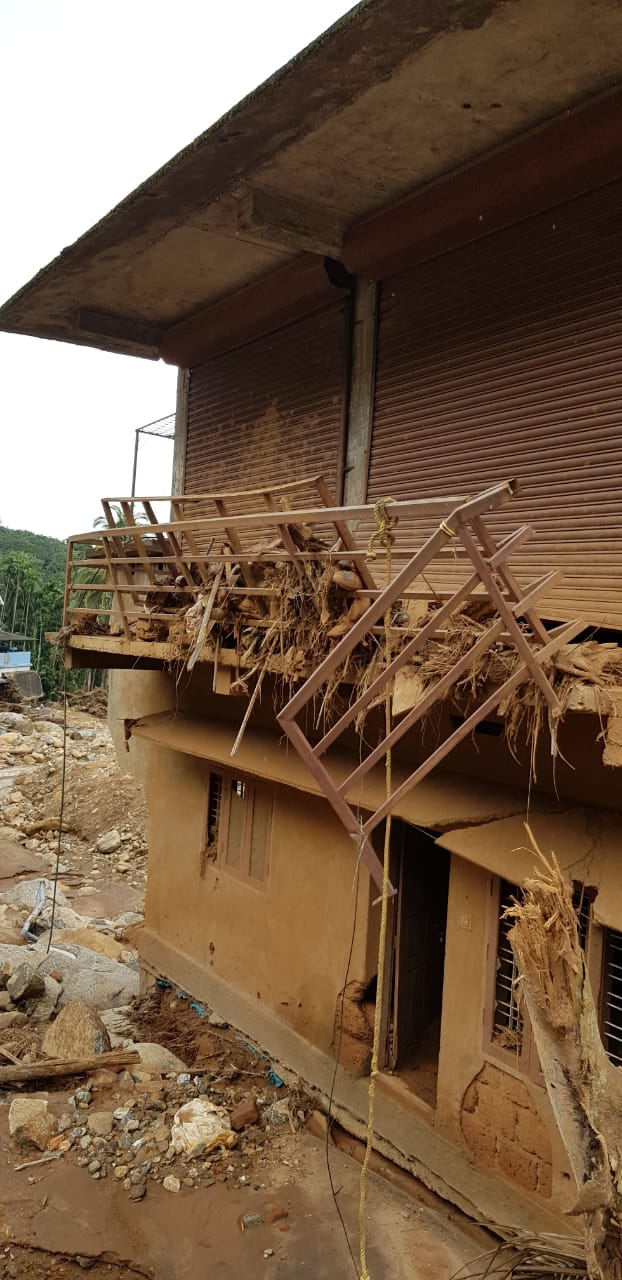“My name is Juliana Akunnor and I am a midwife in Pease, Ghana.
The safe birth of a child, and the health of the baby are always a challenge, especially for the mother and even the midwifes. However, with access to free, clean and safe water, maternal health has greatly improved.
The Pease Water Project has shown and demonstrates the importance of water in many ways.
 First of all, the secure access to water makes the cleaning of our delivery rooms, equipment and wounds easier and safer. Thereby, the transfer of diseases and bacteria is significantly reduced. The clinic has now become a clean, hygienic and sanitised environment for the new-born child.
First of all, the secure access to water makes the cleaning of our delivery rooms, equipment and wounds easier and safer. Thereby, the transfer of diseases and bacteria is significantly reduced. The clinic has now become a clean, hygienic and sanitised environment for the new-born child.
Additionally, the presence of safe water has also enabled mothers to provide good meals for their children. It further allows them to care properly for the new-born in terms of washing the baby and its nappies which are both of vital importance in these first steps of growth.
The running water keeps the staff motivated and makes carrying out our duties much easier. In 2018, the clinic has recorded 120 child births so far. All of them were normal deliveries.
The spread of illnesses within both the clinic and the entire community has noticeably declined. It has further led to the elimination of water borne diseases such as diarrhoea among both adults and children.
 People are now more aware about the importance of clean water. Programmes concerning health awareness and behaviour concerning hygiene have been hosted in the clinic to give the community an understanding about water and sanitation.
People are now more aware about the importance of clean water. Programmes concerning health awareness and behaviour concerning hygiene have been hosted in the clinic to give the community an understanding about water and sanitation.
It is also worth-mentioning that water collection time has been significantly reduced. This task was culturally and traditionally executed by women, even in case of pregnancy. The burden of walking long distances to fetch and carry water back home is no longer needed to be borne by pregnant women. The access to clean water for the entire community has significantly enriched the lives because there is no longer any worry of finding and fetching water from wells that are located a great distance from the community.
The Pease Water Project has introduced running water to the community for the first time. I hope it will awaken the interest of the partners, donors and even the government itself to invest into the clinic which currently only has two beds. With partnership and cooperation, the construction of urgently needed rooms and beds could be realised.”




